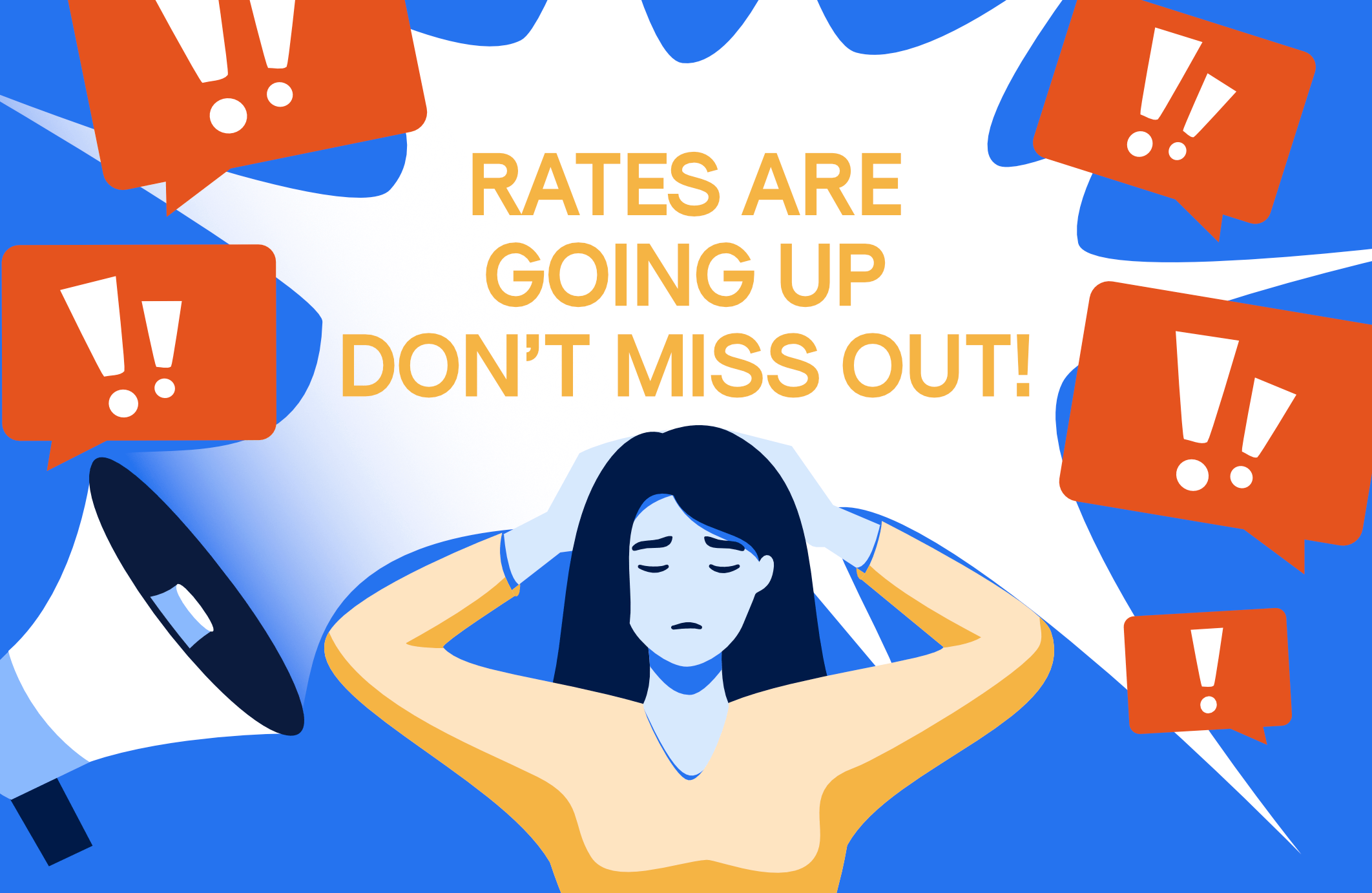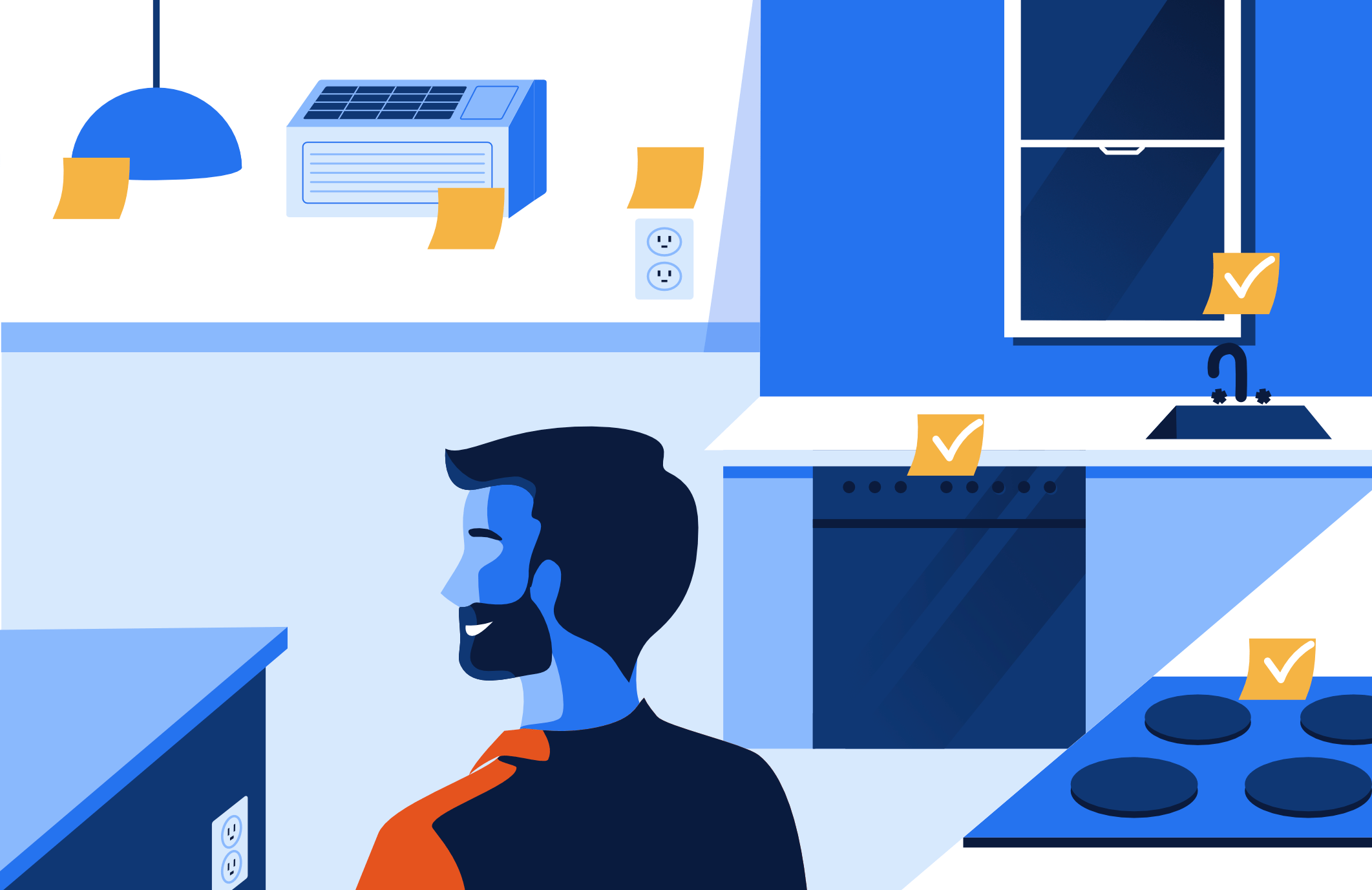You did it! You have an accepted offer to buy your NYC apartment! That’s a huge step but the process is just getting started. Buyers are often surprised by how much comes after this big moment but you don’t need to be! Just keep reading and you’ll have a great handle on the steps necessary to get to the closing table.
What is an accepted offer and what does it mean?
Getting an accepted offer is the first big step in buying an apartment. It means you and the seller have come to an agreement about the price and rough terms of the deal but crucially, nothing is binding.
Between the accepted offer and signed contract, you or the seller can walk away with no penalty whatsoever. The seller can accept a higher offer from someone else or you can decide to buy a different apartment. For this reason, it's important to move quickly at this stage.
What happens immediately after an offer is accepted?
Right after you reach an accepted offer, your attorney takes over so if you haven't hired one yet, you need to do that ASAP. Your attorney has two primary responsibilities - negotiating the contract and reviewing the building's due diligence materials.
In most deals, the contract is pretty straightforward and doesn't take more than a few days to negotiate. If the deal is more complex due factors such as a sale leaseback or necessary repairs, it can take a little longer.
Due diligence is arguably the more important part of your attorney's job and will take longer. Your attorney will review all available documents about the building to make sure there aren't any big issues or at least if there are, you know about them before going into contract. For example, the building’s financials might show that maintenance needs to increase materially or the board minutes could mention an upcoming assessment. One of our buyers even discovered that the building was leaning into the adjacent building, causing all sorts of problems!
While your attorney does their job, you can also conduct an inspection of the property. Approximately one-third of our apartment buyers and all of our house buyers do an inspection. Buyers often ask if you need an inspection contingency but since it happens before you sign the contract, you don't. If you uncover big problems, you simply walk away from the deal.

Can the seller continue to show after your offer is accepted?
Yes. Until the contract is signed, most sellers will continue to show the property. You can back out for any reason - you could get cold feet, find a different property, come to an impasse on the contract, discover something in due diligence - or no reason at all and not sign the contract.
If the seller is confident that you'll move forward, they may stop posting open houses and only consider other buyers for backup but nothing is guaranteed. If another buyer makes a higher offer, the seller may switch.
This is why it's very important to have a good real estate attorney who will keep the process moving. You want the seller feeling good about your deal and to go into contract ASAP.
When does an accepted offer become an official deal?
An accepted offer becomes an official deal when you sign the contract, send your deposit to the seller's attorney and the seller countersigns.
On a resale, the contract deposit is always 10% but some new developments require up to 20%. It's important to have the deposit liquid and ready to go. We've had many deals take a few extra days because the buyer had to sell stocks and/or move funds before wiring the deposit.
What happens after the contract is signed?
Depending on the details of your transaction, there will be two main items that you need to work on after signing the contract.
Loan Application
The first thing most buyers will work on is the loan application. It's a more in-depth version of the pre-approval process and needs to be completed before your lender will issue your loan. The contract will dictate how quickly you must submit the application but usually it's within three days of signing the contract.
You'll be asked for documents such as your tax returns, pay stubs and credit report which will be analyzed by the bank's underwriting team. While you gather those documents, your lender will order an appraisal which is when a third party visits the property and estimates its value. If the appraisal comes in low, you'll need to increase your down payment. More on that below.
If all goes according to plan, you’ll be issued a “commitment letter” which is your lender saying they're ready to issue the loan, subject to a few requirements.
After signing the contract, buyers often ask if they should lock in their interest rate. You want to make sure that your rate lock gives you enough time to close plus a little buffer. Delays happen and lenders charge to extend rate locks so you should only enter a rate lock if you're reasonably confident you'll close before it expires. For more information about how interest rates move, check out this post.
Building Application
For co-ops and condos, there will be a building purchase application. Condos usually have lighter applications and don't require an interview but it's not a trivial process. Be sure to check your contract because it will say when the application needs to be submitted. Usually it's ten business days for cash deals and three days after receiving your commitment letter for financed deals.
If you're buying a house, you can sit this step out. No board = no application. As long as you have the money, you’re good to go. The same can be said for sponsor units and new developments.
You can find more information about building applications in this post.
What can go wrong after signing the contract?
The two most common reasons contracts fall apart are financing issues and co-op board rejections.
The vast majority of our buyers have no problem getting a loan but the problems we have seen are job loss and a low appraisal. Losing your job is a pretty obvious problem but a low appraisal deserves an explanation.
Your lender will issue the loan on the lower of the purchase price and the appraisal price. If the appraisal comes in at or above the purchase price, great, you're all set but if it comes in below the purchase price, you have three options:
- Increase your down payment to cover the gap
- Renegotiate the price lower with the seller
- Cancel the deal
If you are worried about losing your job, a low appraisal or anything else related to your loan, you should include a financing contingency with your offer. This allows you to walk away from a deal and get your deposit back if you aren't able to get a commitment letter within a certain amount of time (typically 30-45 days). Without a financing contingency, your deposit is at risk if you can't get a loan.
If the co-op board turns you down, the contract is void and you get your deposit back. Boards never provide reasons for turndowns, but in our experience, financial qualifications are usually the problem.
Other issues that can derail deals include sellers unable to clear title defects, estate/divorce complications or major walkthrough issues but financing and board approvals are much more common.
How long does it take to go from an accepted offer to close?
Very broadly, three months is a reasonable amount of time to close but your timeline can be faster or longer depending on the specifics of your transaction.
The fastest closings are on cash house purchases and the longest are financed co-op purchases. Very generally, we advise clients that closing a house or condo should take 2 to 3 months and a co-op 3 to 3.5 months. If you are paying cash, it will take a few weeks less.
Unfortunately, you'll never be able to be certain when you'll close. Delays can result from the contract, due diligence, building application, financing application, board interview, closing logistics, among many other sources. Because of all these potential delays, you should always leave some buffer in your timeline. While everyone would love to close a few days before their lease expires, it only takes a small delay to make that a big problem.
You'll notice that in the contract, there will be an "on or about closing date" but to keep things simple, it's not a real closing date and can be pushed back by either party.
In short, you should discuss the specifics of your deal with your agent to determine a likely closing date and manage accordingly.
How and when does the closing get scheduled?
Once you have your commitment letter and/or board approval, you’re ready to schedule a closing date! It's called scheduling a closing because that’s exactly what happens - everyone checks their schedules to find a date that works.
Closing usually takes place a week or two after the final paperwork is ready.
Ironically, your agent who did so much to get you to this point doesn't do anything at the closing but they will schedule and attend the walkthrough right before closing.
The closing itself is a lot of paperwork and should take 1-2 hours. At the end, you get the keys, a rebate check (if Yoreevo is your broker!) and a big pat on the back for closing on your new home!


